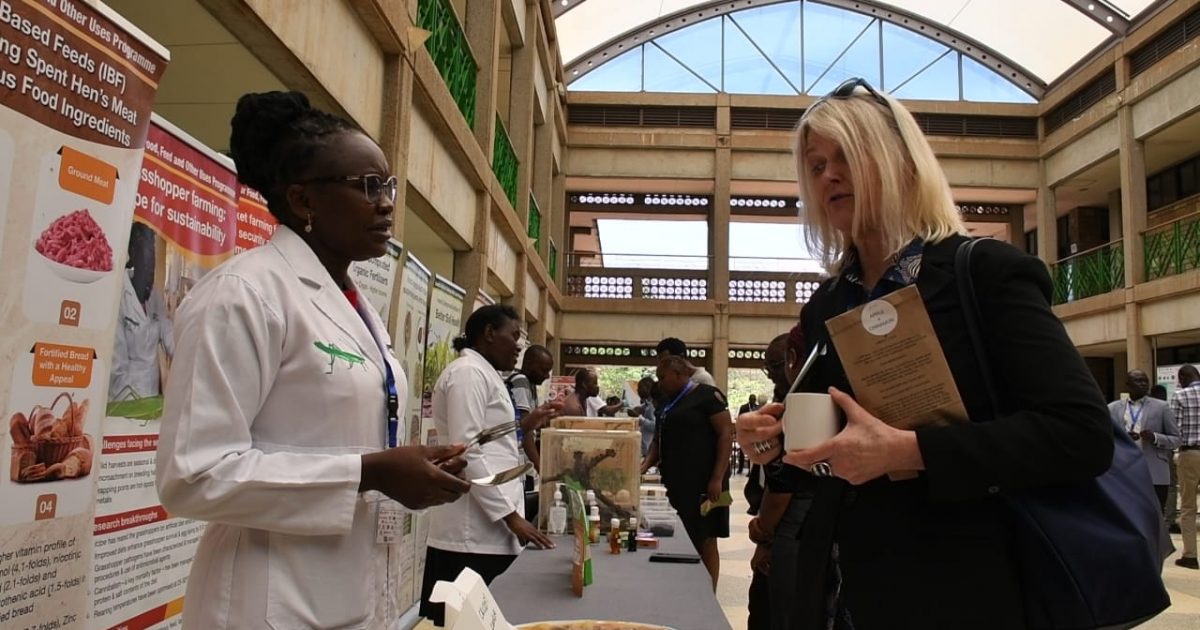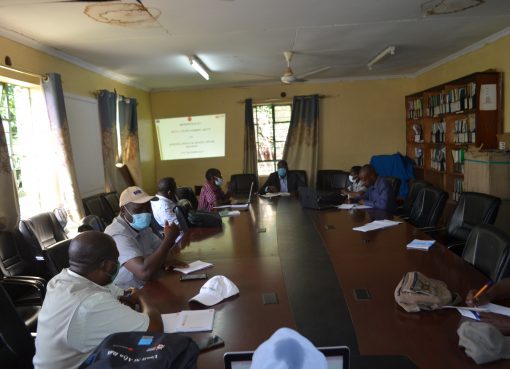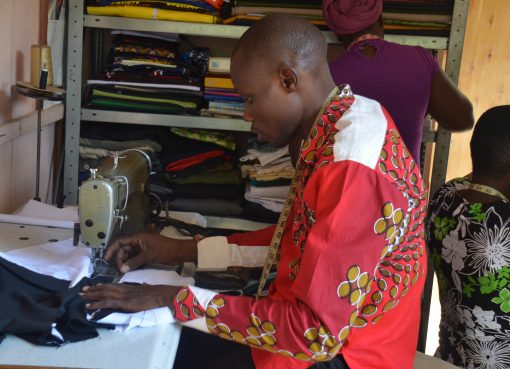The World Bank has encouraged farmers in Africa to take up insect farming to end the continued food security crisis and malnutrition wreaking havoc on the continent.
Chief Agricultural Economist for Africa, Dr. Dorte Verner said only 850 farmers in 16 countries in the continent rear insects, a huge concern given the severity of the food crisis in the region. Kenya has only 17 such farmers.
According to World Bank estimates, insect farming will be a multi-billion-dollar market estimated at around US $8 billion by 2030. Besides, they provide food, animal feed, create jobs, diversify livelihoods, and improve nutrition.
Addressing stakeholders during an Insect for Green Economy conference at Jomo Kenyatta University of Agriculture and Technology (JKUAT), Dr. Dorte termed the venture lucrative due to the huge demand for insect blended food saying farmers record total returns in initial capital invested in only 127 days.
She cited black soldier fly, mealworm, crickets, and desert locusts as some of the insects whose farming has gained momentum in the region.
“With 70 percent of the world’s arable land being used for feed farming, there is an urgency to move to insect farming which offers consistent supply throughout the year. Africa faces a huge food security crisis and thus the need to complement the food crop farming with that of insects,” she said.
“This creates a circular economy where the already produced household waste is fed to the insects and because of their ferocious appetite they can repurpose it to fertilizer to be used in farming and proteins, fats, and oils for human consumption,” she added.
She at the same time added that insect farming has the potential to create 15 million jobs in Africa meeting 75 percent of the required direct and indirect jobs.
Deputy Director State Department of Agriculture Teresia Karanja encouraged local farmers to embrace this type of farming due to the dwindling sizes of arable land.
She said insect farming has the potential to help transform the country’s agriculture agenda adding that the government will continue supporting the farmers through inputs and market linkages.
The Director called on researchers to help in coming up with new mass breeds and better ways of rearing insects to help farmers who have invested in this sector.
“There is a need for extensive research on technologically advanced areas such as selective breeding. We also need to continuously raise awareness to investors, farmers, suppliers, and consumers on this new form of farming,” said Karanja.
By Victory Wangui and Muoki Charles





